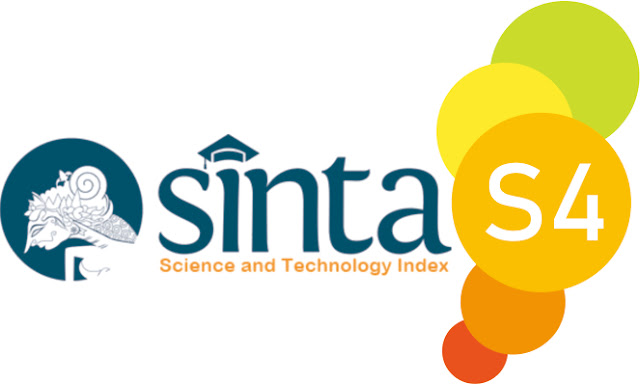Knowledge, Attitudes, Facilities, and Cleaning Staff in Relation to Community Behavior in Plastic Waste Management
DOI:
https://doi.org/10.53861/lontarariset.v5i2.482Keywords:
Waste, Plastic waste, Waste managementAbstract
Plastic waste is still a global problem that has not been resolved to date. Indonesia produces 68.5 million tons of waste in 2021. Of this amount, around 17% or around 11.6 million tons is plastic waste. This research aimed to determine the relationship between knowledge, attitudes, availability of infrastructure, and cleaning staff with plastic waste management behavior in Purwasari Village, Dramaga District, Bogor Regency. A quantitative research method with a cross-sectional research design was used. The sampling technique was carried out using purposive sampling with 37 respondents with a total eligible sample of 16 respondents. The research results show that there is relationship between knowledge (p-value=0.039), attitudes (p-value=0.007), the availability of infrastructure (p-value=0.012), cleaning staff (p-value=0.003), and plastic waste management behavior. Based on the findings from the results of this research, it is hoped that there will be initiation of improvements to waste management facilities and facilities. Apart from this, there is also a need for outreach and assistance activities for the community regarding plastic waste management to increase community knowledge and attitudes in managing plastic waste
Downloads
Downloads
Published
How to Cite
Issue
Section
License
Copyright (c) 2024 Desy Sulistiyorini

This work is licensed under a Creative Commons Attribution 4.0 International License.
Lontara Journal Of Health Science And Technology is licensed under Creative Commons.
The journal allows the author to hold the copyright of the article without restrictions.
The journal allows the author(s) to retain publishing rights without restrictions.
The legal formal aspect of journal publication accessibility refers to Creative Commons Attribution 4.0 International (CC BY 4.0).
The Creative Commons Attribution 4.0 International (CC BY 4.0) license allows re-distribution and re-use of a licensed work on the conditions that the creator is appropriately credited and that any derivative work is made available under “the same, similar or a compatible license”. Other than the conditions mentioned above, the editorial board is not responsible for copyright violations.









